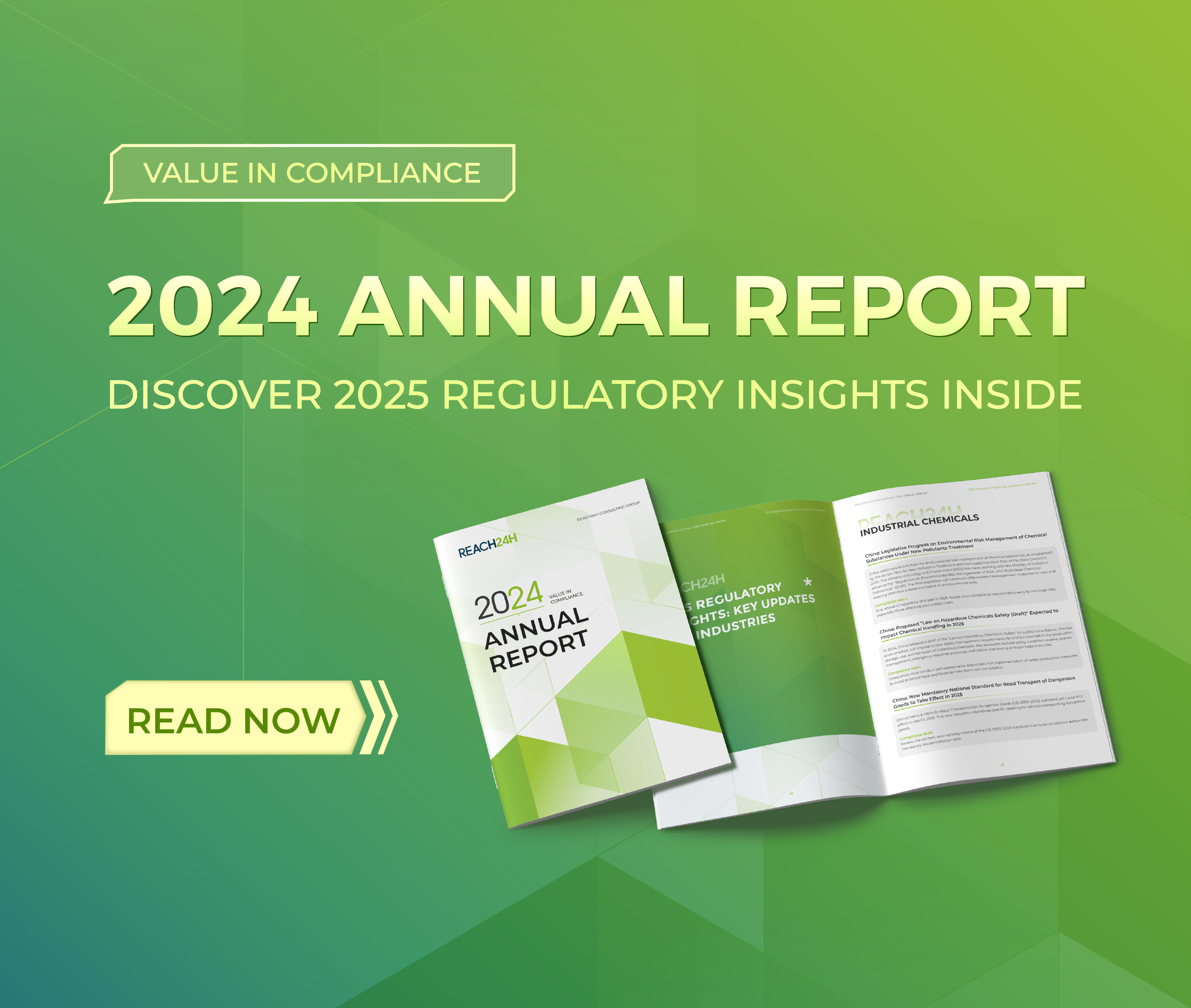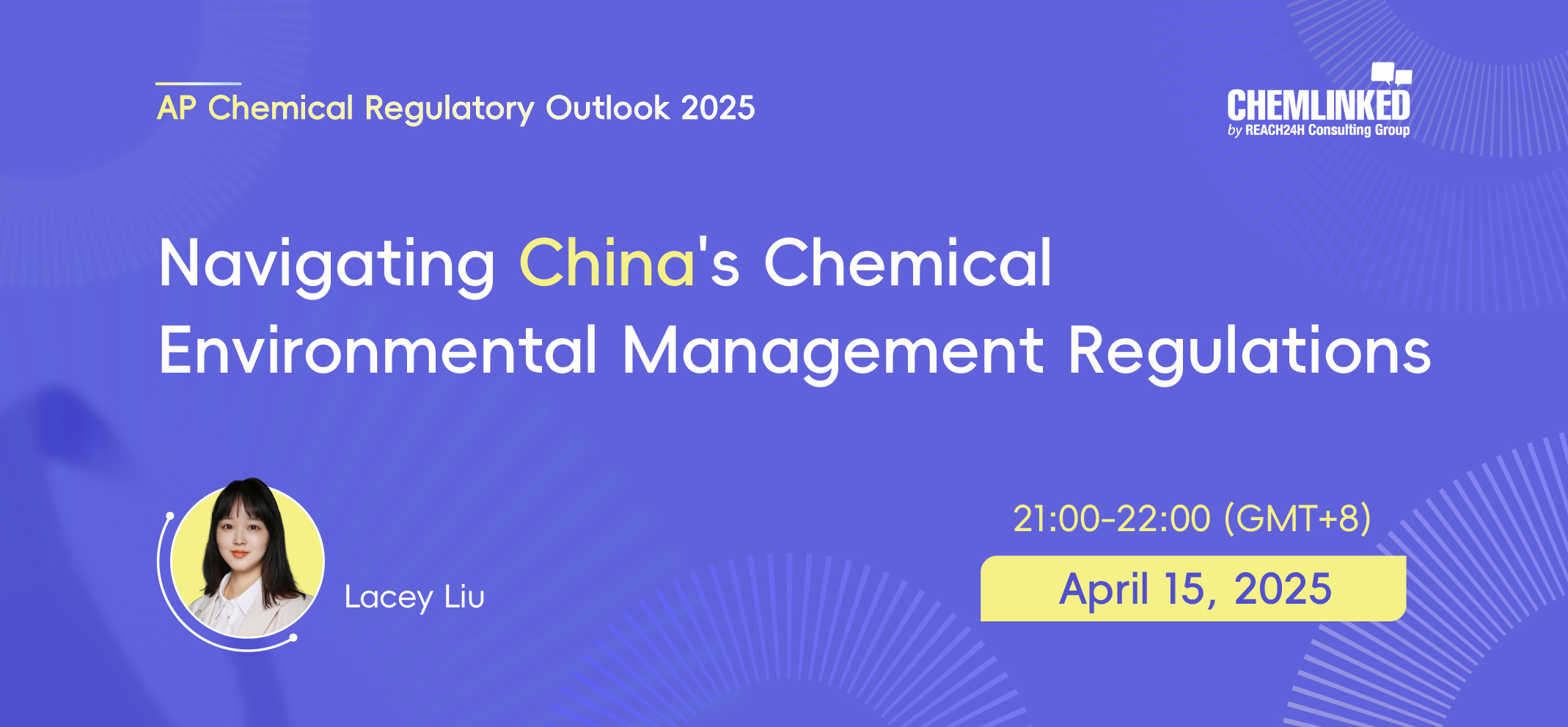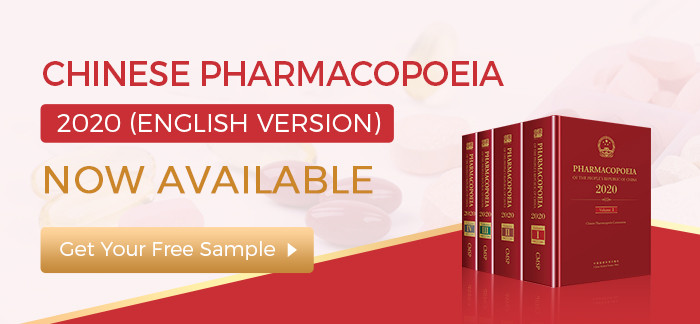Thailand Cosmetics Regulatory Update: Approval of Eight New TIS Standards
On October 1, 2024, Thailand’s Ministry of Industry announced in the Official Gazette the approval of eight new voluntary Thai Industrial Standards Institute (TIS) standards for cosmetics. These standards cover a range of areas critical to cosmetic safety and quality, including microbiological testing, analytical methods, sun protection evaluation, as well as natural and organic cosmetic ingredients. The eight standards all took effect on October 2, 2024.
Details of the eight approved standards are as follows:
| No. | Standards | Introduction |
| 1 | TIS 3794-2567 (2024) Cosmetics – Microbiology – General Instructions for Microbiological Examination | This is a general guideline for appropriate microbiological testing and risk analysis of some cosmetic products (e.g., low water activity products, aqueous alcohol products, and high pH products) to ensure their quality and safety. Given the variety of cosmetic products, this guideline may not be applicable to certain types of products (e.g., some products that are water-insoluble). |
| 2 | TIS 3795-2567 (2024) Cosmetics – Microbiology – Microbiological Limits | This guideline applies to all types of cosmetic products for the assessment of microbiological quality. Products deemed to have low microbiological risk, as per ISO 29621, are exempt from microbiological testing requirements. |
| 3 | TIS 3796-2567 (2024) Cosmetics – Microbiology – Detection of Specified and Non-Specified Microorganisms | This standard outlines the methods for detecting and identifying specific and non-specific microorganisms that can grow at moderate temperatures in cosmetics products. The microorganisms covered by this standard may vary according to the regulations and/or practices of each country, but most are specific microorganisms, which may consist of one or more strains, such as: Pseudomonas aeruginosa, Escherichia coli, Staphylococcus aureus, and Candida albicans.
To ensure product quality and consumer safety, stakeholders are recommended to conduct an appropriate microbiological risk assessment to classify cosmetics under this standard. Products considered to have low microbiological risk—such as those with low water activity, alcohol-based products, or those with high pH values (as per ISO 29621)—may be exempt from microorganism testing. Given the wide range of cosmetic products, this standard may not be suitable for all cosmetic products. Other methods (e.g., automated systems) can be used in place of the specified tests, provided their equivalence or suitability is demonstrated (as per ISO 18415, Clause 1). |
| 4 | TIS 3797-2567 (2024) Cosmetics – Analytical Methods – Nitrosamines: Detection and Determination of N-Nitrosodiethanolamine (NDELA) in Cosmetics by HPLC, Post-Column Photolysis and Derivatization | This standard specifies a method for the determination and quantification of N-nitrosodiethanolamine (NDELA) in cosmetics and cosmetic raw materials by high performance liquid chromatography (HPLC), post-column photolysis, and derivatization. This method cannot be used to: (1) determine or quantify non-NDELA nitrosamines; (2) determine or quantify NDELA in non-cosmetic products or cosmetic raw materials; (3) compounds containing oxidative dyes. Besides, if a product has the possibility of NDELA contamination from the ingredients or the formation of NDELA from the composition of the ingredients, ISO 15819 is recommended as an alternative testing method. |
| 5 | TIS 3798-2567 (2024) Cosmetics – Analytical Methods – Validation Criteria for Analytical Results Using Chromatographic Techniques | This standard establishes criteria for verifying analytical results obtained from cosmetic product analysis. It also specifies the analytical methods that laboratories can use to analyze samples through chromatography techniques. |
| 6 | TIS 3799-2567 (2024) Cosmetics – Analytical Methods – Nitrosamines: Detection and Determination of N-Nitrosodiethanolamine (NDELA) in Cosmetics by HPLC-MS-MS | This standard outlines the method for detecting and determining N-nitrosodiethanolamine (NDELA) in cosmetics and cosmetic raw materials. It can neither be applied to the detection or quantification of non-NDELA nitrosamines, nor be used for non-cosmetic products or raw materials. |
| 7 | TIS 3800-2567 (2024) Cosmetics – Sun Protection Test Methods – Water Immersion Procedure for Determining Water Resistance | This standard specifies a procedure for determining the water resistance of sunscreen products through immersion testing. Sunscreen products refer to those designed to protect the skin from ultraviolet radiation, including those containing ingredients that absorb, reflect, or scatter UV rays, and any additives that can be easily removed by water or immersion. This standard should be used in conjunction with the sun protection factor (SPF) determinations outlined in ISO 24444. |
| 8 | TIS 3801 Volume 1-2567 (2024) Guidelines on Technical Definitions and Criteria for Natural and Organic Cosmetic Ingredients and Products – Part 1: Definitions for Ingredients | This standard provides guidelines for defining natural and organic ingredients in cosmetic products. It acknowledges that, in addition to natural and organic components, other ingredients may be essential for the development of natural and organic cosmetic products. However, it does not cover aspects such as product communication (e.g., claims and labeling), human or environmental safety, social and economic factors (e.g., fair trade), packaging material properties, or legal requirements pertaining to cosmetics. |
Reference link: Cosmetics Notification in ASEAN: A Comprehensive Guide to the Regulatory Process
Contact Us
If you have any questions regarding global chemical compliance, please feel free to contact us.
Tel: +86-400-809-5809
Email: customer@reach24h.com
News Source: ChemLinked

REACH24H Consulting Group launched ChemLinked in 2012 as a leading service provider of comprehensive regulatory information and compliance solutions, meeting the growing demand for clear and concise regulatory advice and market intelligence in Asia, especially China.
You can register for a membership to read the latest news limitlessly every day on ChemLinked.




